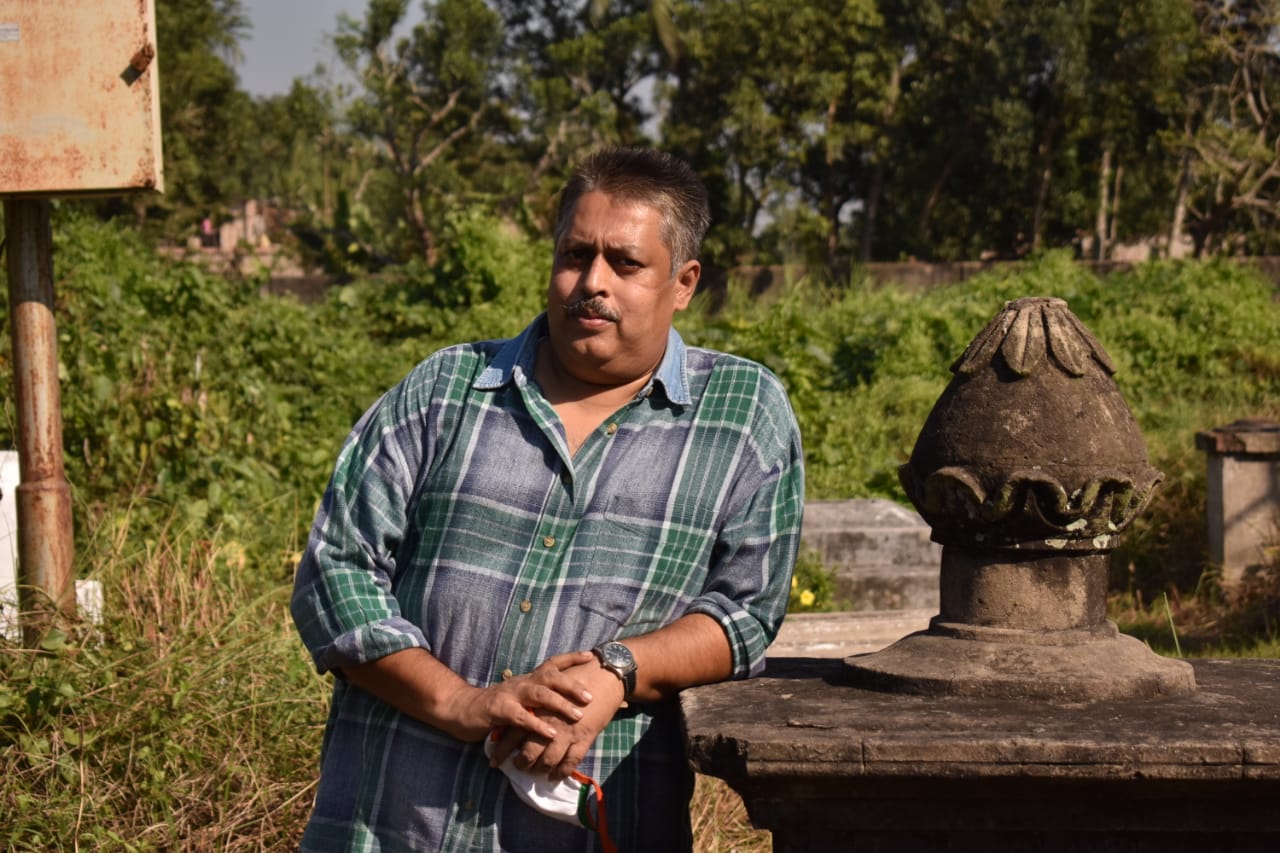Drug resistant tuberculosis: India to introduce effective short-term treatment regimen
Known as BPal, the new treatment regime involves use of three medicines—Bedaquiline, Pretomanid and Linezolid—with 89 per cent success rate within six months. The standard care, on the other hand, takes 18 months with a 52 per cent success rate.
